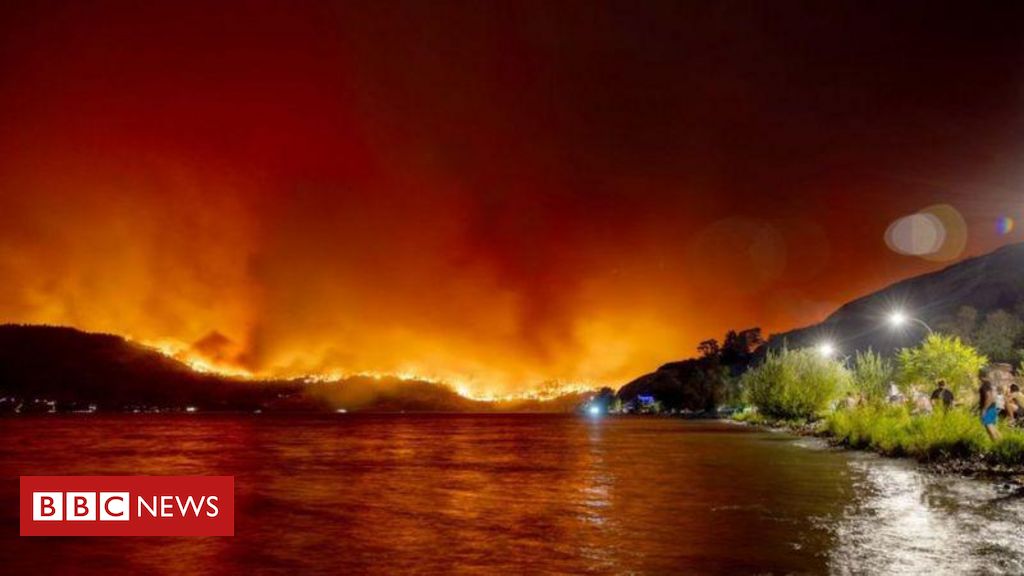The thousands of forest fires hitting Canada This year they emitted the equivalent of more than a billion tonnes of carbon dioxide (CO2), an unprecedented record, Canadian authorities announced on Friday.
The value is almost equal to Japan’s annual emissions (1.120 million tonnes of CO2 in 2021), fifth largest polluter in the world, and more than the annual emissions of the entire global aviation sector in 2022 (nearly 800 million tonnes of CO2).
“This summer has turned into a real marathon”underlined Michael Norton, general manager of Canadian Forest Serviceat a time when the west of the country is preparing for a new episode of heatwave.
“Our preliminary estimates indicate that emissions in the current season have exceeded the equivalent of 1 billion tonnes of carbon dioxide,” he stressed.
Fire risk will remain “above normal” until September
Michael Norton also warned that the fire risk should be “above normal” Until September. At the end of July, carbon emissions caused by fires in Canada were already more than double the previous maximum annual record in 2014, according to data from the European Copernicus Observatory.
The “megafires” recorded this year have spread across the country with great intensity, breaking records in many provinces. This Friday, Canada was on maximum fire alert for exactly 90 days, the longest on record, after 50 days in 2021.
“This year’s bushfire season has been very informative, showing us what lies ahead if we don’t do something to reduce emissions”underlined this Friday the Minister of Natural Resources, Jonathan Wilkinson, during a press conference in Vancouver.
The area burned broke a record
The government official named global warming as the “main cause” of the “mega-fires”, which left four dead. Fires have so far burned 13.5 million hectaresequivalent to the surface area of Greece, almost double the surface area of the last absolute record, dated 1989 with 7.3 million hectares, according to the Canadian Interagency Forest Fire Center (CIFFC).
Since May, Canada has received help from nearly 5,000 firefighters from 12 countries, notably from Portugal, in June. More than 200 evacuation orders were issued, forcing approximately 168,000 Canadians to temporarily leave their homes.
British Columbia, the hardest-hit province this month, is expected to experience unusually high temperatures this weekend and next week, worsening the drought.

“Freelance communicator. Hardcore web practitioner. Entrepreneur. Total student. Beer ninja.”







